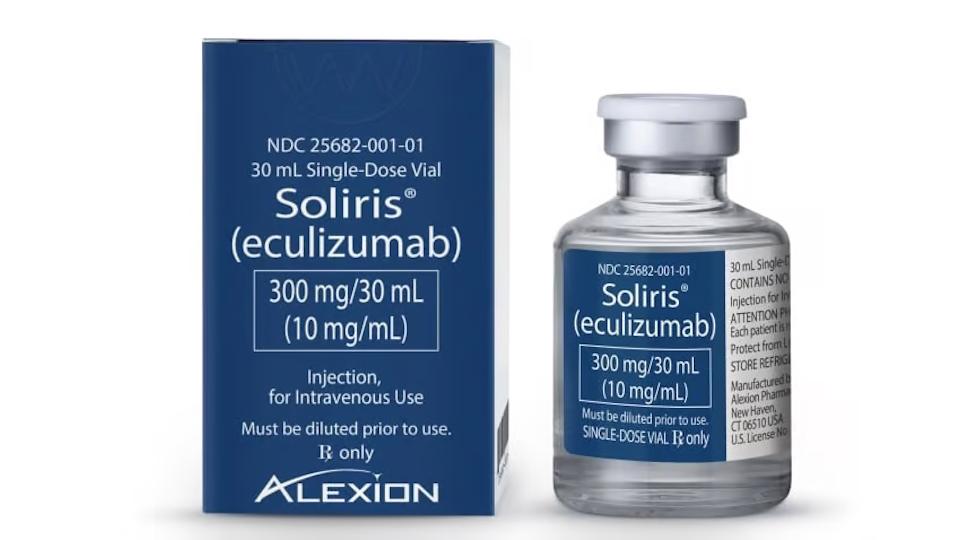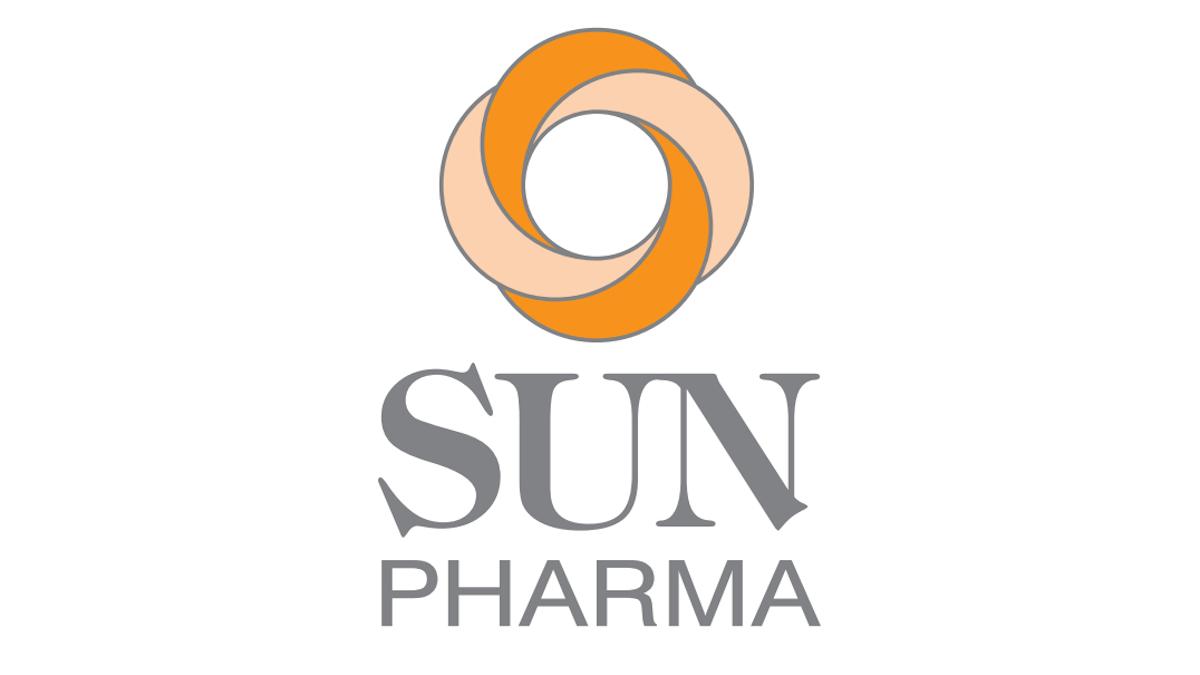FDA clears Amgen’s Bkemv as first biosimilar of Soliris

The US FDA has approved the first biosimilar version of AstraZeneca/Alexion’s Soliris therapy for paroxysmal nocturnal haemoglobinuria (PNH) and atypical haemolytic uraemic syndrome (aHUS).
The approval positions Amgen’s Bkemv (formerly ABBP 959) as a key competitor to complement C5 inhibitor Soliris (eculizumab), which contributed $3.1 billion in global revenues to AZ last year. However, it is not expected to be launched until March next year in the US under the terms of a settlement in patent litigation between Alexion and Amgen that was agreed in 2020.
It has been cleared with interchangeable status, meaning that pharmacists in the US will be able to substitute the biosimilar for Soliris at the point of dispensing, without consulting the prescriber. So far, 13 of the 53 biosimilars authorised by the FDA have that sought-after designation.
At the moment, that confers a major advantage over other biosimilars, which have to be specified by the physician, although, the Biden administration is considering legislation that would make all biosimilars interchangeable as a matter of course, without the additional studies required at present.
Bkemv has been approved on the strength of two phase 3 trials in PNH and aHUS, which are two of the three FDA-approved indications for Soliris in the US. That means that Soliris will not see competition from the biosimilar in its third indication generalised myasthenia gravis (gMG) – at least initially.
In a statement, the FDA said Bkemv has been approved with the same boxed warning for increased risk of serious and life-threatening meningococcal infections caused by Neisseria meningitidis that is on Soliris’ label. Patients should have completed meningococcal vaccination before starting treatment with either drug.
AZ acquired Soliris as part of its $39 billion takeover of Alexion in 2021. Since then, it has successfully built the market for longer-acting C5 inhibitor Ultomiris (ravulizumab), which requires dosing every eight weeks versus every two weeks for Soliris.
Last year, Ultomiris all but matched Soliris with revenues of just under $3 billion, and in the last couple of quarters has overtaken the older drug.
In the first three months of the year, Ultomiris grew around a third to $859 million – fuelled by additional indications like neuromyelitis optica spectrum disorder (NMOSD) – while Soliris sales slipped 11% to $739 million.
Amgen’s biosimilar was approved in Europe under the Bekemv brand name last year and competes in the EU with the Samsung Bioepis rival sold as Epysqli. Samsung Bioepis has also filed for approval of its Soliris biosimilar in the US, although Alexion filed a patent infringement complaint earlier this year.













